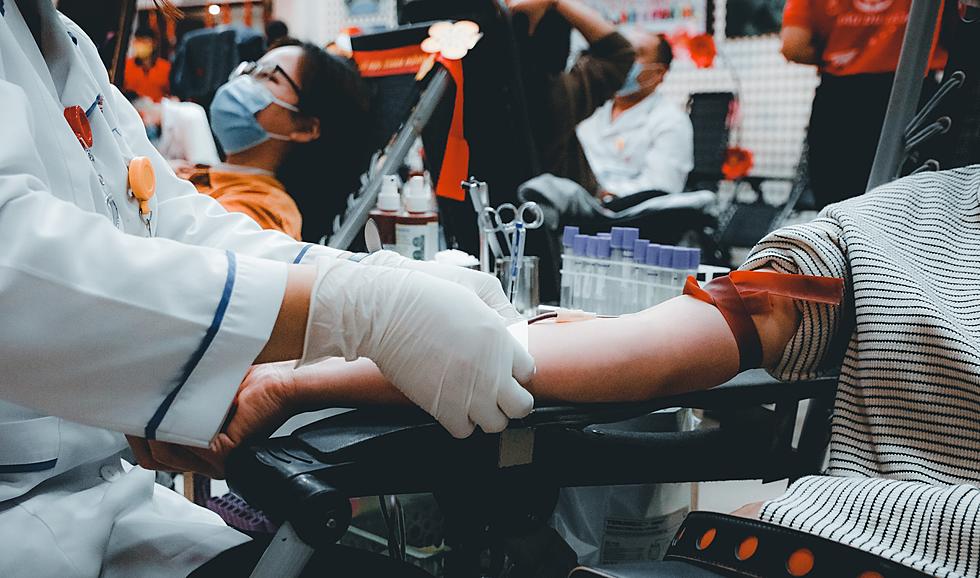
Join Me in Rolling Up Your Sleeve, Severe Blood Shortage in Minnesota
The American Red Cross is putting out an urgent plea for blood donations as the state's supply suffers a severe shortage. Minnesotans can help by giving blood now to help prevent delays in patient care and to aid our neighbors suffering traumatic injuries.
The Red Cross is currently seeing blood supply levels at their lowest levels in a decade.
Healthy individuals are needed to donate now to help patients counting on lifesaving blood. More than 80% of the blood collected by the American Red Cross comes from blood drives, which haven't returned to pre-pandemic levels.
I'm donating at noon today at the St. Cloud Red Cross Donation Center on West Saint Germain. Who'd like to join me for juice & cookies? 😍
Donating blood is a safe process and people should not hesitate to give or receive blood. Watch this video on the safety and need for blood donations. Right now, eligible and healthy donors are strongly urged to make an appointment to give soon.
If you're type O, please make a blood donation or Power Red appointment ASAP: http://rcblood.org/appt

This blood shortage could impact patients who need surgery, victims of car accidents and other emergencies, or patients fighting cancer. One of the most important things you can do to ensure we don’t have another health care crisis on top of coronavirus is to give now.
The U.S. Surgeon General says, “You can safely go out and give blood. We’re worried about potential blood shortages."
READ ON: See the States Where People Live the Longest
LOOK: Here are the pets banned in each state
More From 96.7 The River









